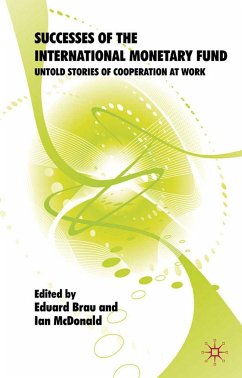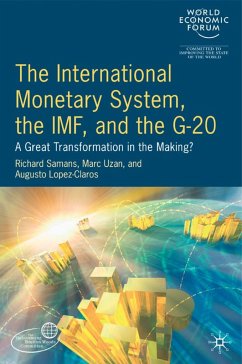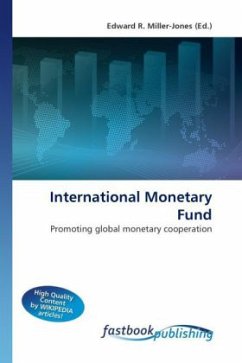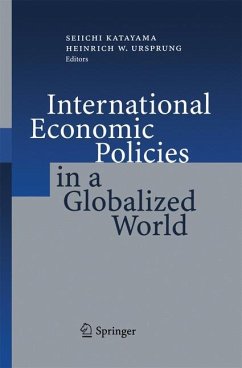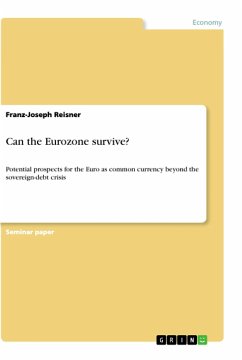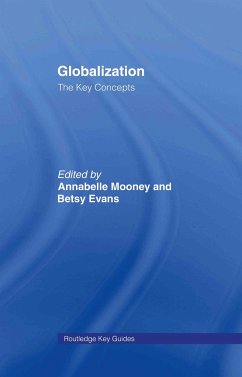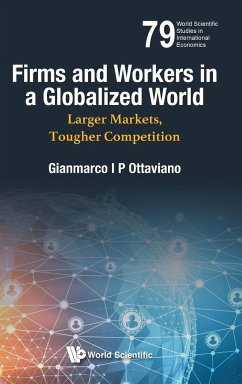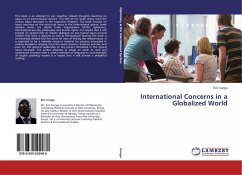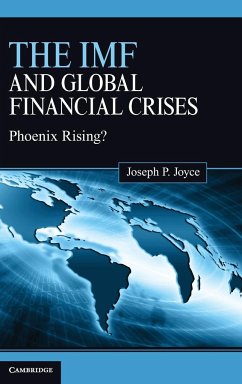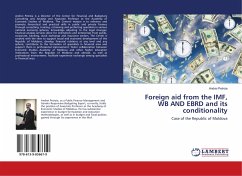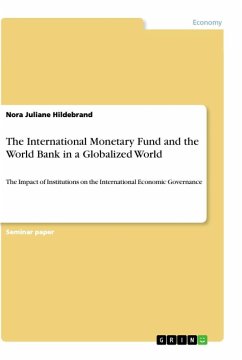
The International Monetary Fund and the World Bank in a Globalized World
The Impact of Institutions on the International Economic Governance

PAYBACK Punkte
0 °P sammeln!
Seminar paper from the year 2015 in the subject Economics - International Economic Relations, grade: 1,7, Pforzheim University, language: English, abstract: This seminar paper mainly explains the areas of responsibility as well as the objectives of the International Monetary Fund (IMF) and the World Bank. Differences between the two international institutions will get clearer and a case study and criticism contribute to a better understanding. There is no doubt that the process of globalization, defined as the gradual movement towards a more intertwined world, has enriched our personal life ec...
Seminar paper from the year 2015 in the subject Economics - International Economic Relations, grade: 1,7, Pforzheim University, language: English, abstract: This seminar paper mainly explains the areas of responsibility as well as the objectives of the International Monetary Fund (IMF) and the World Bank. Differences between the two international institutions will get clearer and a case study and criticism contribute to a better understanding. There is no doubt that the process of globalization, defined as the gradual movement towards a more intertwined world, has enriched our personal life economically and culturally. We benefit from international cooperation, free trade, innovation, a broader knowledge, and facilitated communication and generally, we are offered more possibilities to shape our life as it may best please us. Nevertheless, global interdependence implicates fierce competition and therefore a stronger divide between rich and poor. Moreover, increasing environmental pollution and the violation of human rights are accepted, just to push forward economic success. In order to solve negative side effects caused by globalization, several associations have been established over the years. Among these, there is for example the Organisation for Economic Cooperation and Development (OECD), the World Trade Organisation (WTO), the United Nations (UN), the International Monetary Fund (IMF) and the World Bank. This seminar paper focuses on the two latter institutions with the intention to illustrate their significant influence on prosperity and development. Even though the IMF and its "twin institution" are independent bodies that do not always collaborate in current projects, their responsibilities often overlap as they pursue the same goals: reducing poverty, supporting economic growth and global trade as well as stabilizing the international financial system. To maintain a clear overview about the organizations' differences, they will be described separately in the investigation. The roles of the International Monetary Fund and the World Bank are diverse, but always pursuing international stability. Superficially, the Bank and the IMF possess many similar characteristics, which makes it difficult to distinguish between them.




